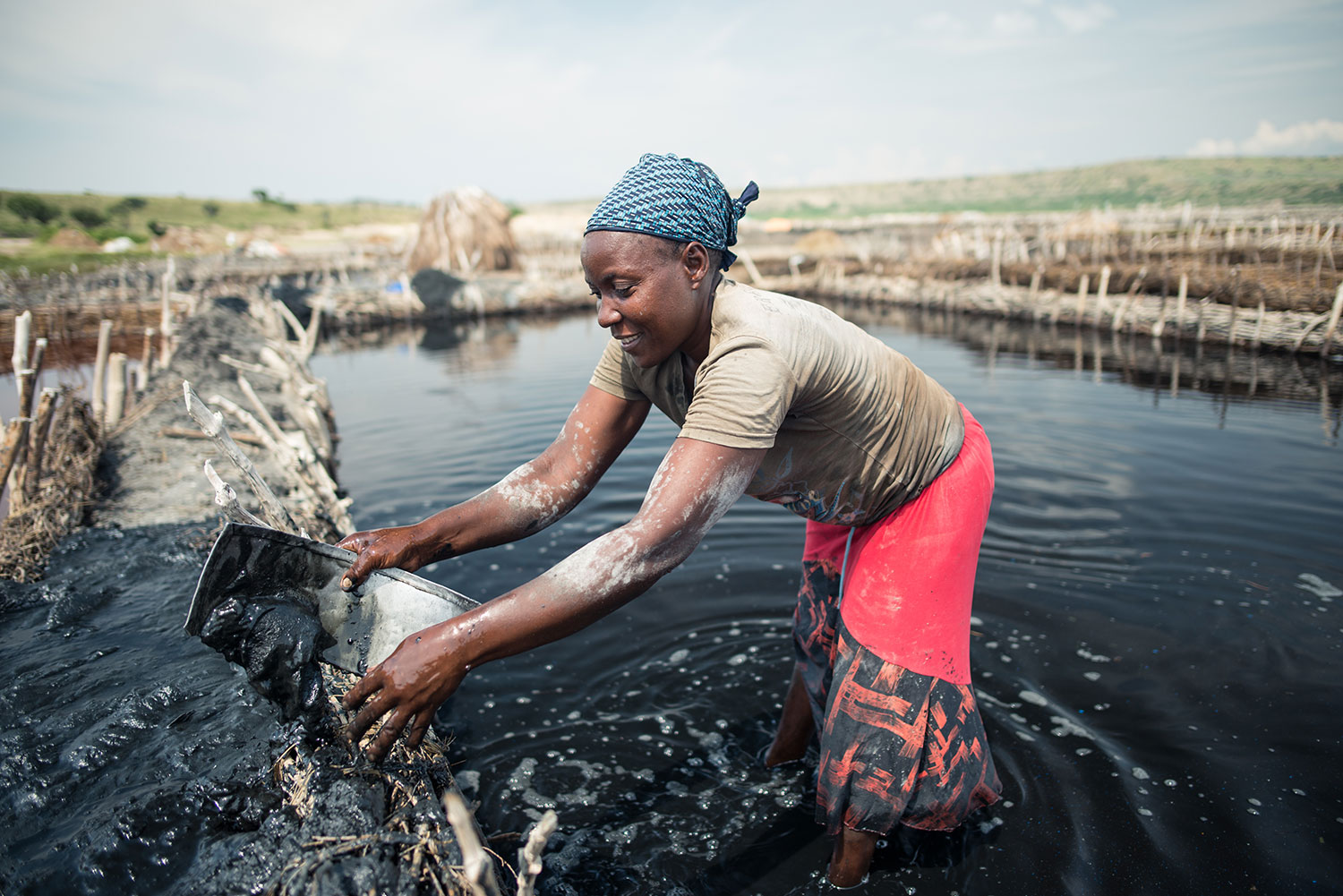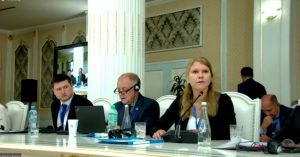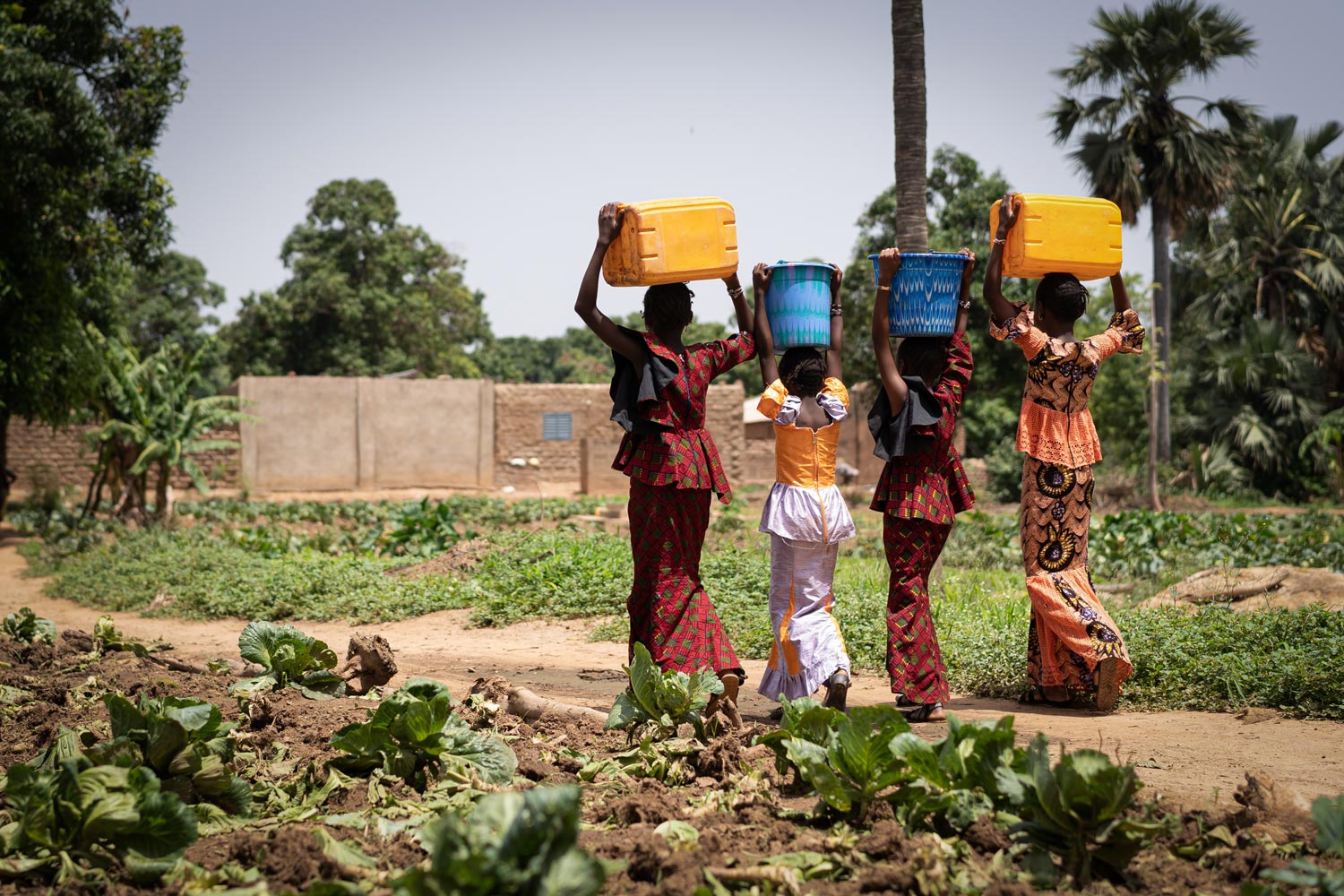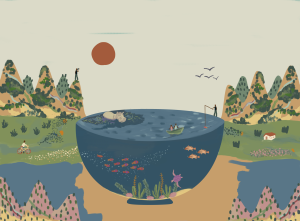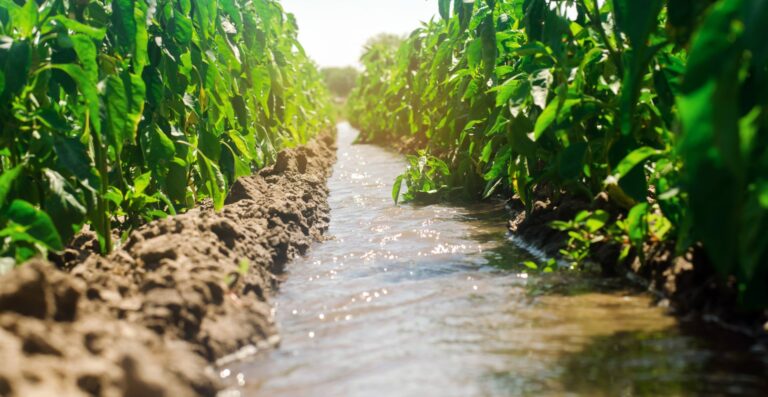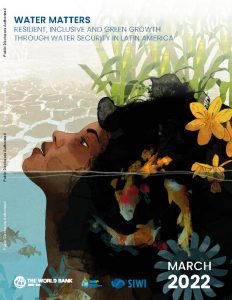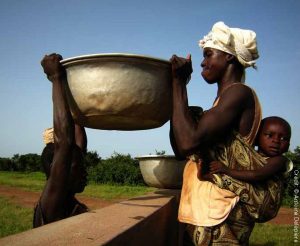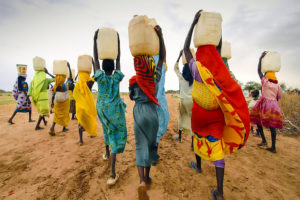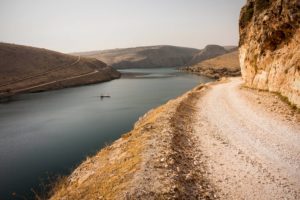Through GO-WATER, SIWI offers capacity development on water governance. The programme aims to reduce poverty and inequality by improving water security and resilience.
The GO-WATER Programme, or Building Governance Capacity for Improved Water Security, started in 2021 to strengthen the water sector in the Global South. With increasing pressure from water scarcity and climate change, there is a growing demand for capacity development and improved governance.
The GO-WATER programme is active in six focus countries (Iraq, Sudan, Uganda, Bolivia, Colombia, and Peru) to strengthen the institutional capacity of a select number of key government water institutions. The programme also encourages regional exchange to advance water governance knowledge. GO-WATER is funded by Sida and open for additional collaborating partners to join.
The programme works directly with national ministries and government agencies responsible for water services, water resources management and other agencies responsible for water use such as agriculture or the environment. It also involves representatives from civil society organizations, relevant private sector stakeholders and academic partners. This type of stakeholder coalition is important to build trust and create action across the water sector.
Many parts of the world experience mounting pressure on their water sources, triggered by rising populations, economic growth, and climate change. Estimates from the World Resources Institute show that nearly one quarter of the global population experience “extremely high levels” of baseline water stress. By 2050, that number could rise to more than half, according to a study from the Massachusetts Institute of Technology.
Global warming means both that access to water becomes more unpredictable and that weather extremes are a growing threat to infrastructure and services.
To manage a more unpredictable future, and to ensure water security and resilience, water sector institutions must become more effective and adaptive. Developing capacity is however challenging, and low-income countries in the Global South have the greatest needs for capacity development since they are most affected by climate-induced weather extremes.
SIWI is a leading expert in capacity development and water governance, with a special focus on developing and emerging economies. Our methodology is based on SIWI’s framework on water governance and includes a set of established tools to draw from, but the starting point is always the priorities of the individual country as determined by senior water sector stakeholders in each country.
The programme has its own capacity-assessment development methodology that helps establish priorities. Based on this, a capacity development plan is designed and executed using a learning-by-doing approach that supports participants to design and apply possible solutions to the challenges they encounter in their professional roles.
The programme takes an iterative approach to design to allow the flexibility required when tackling complex problems.
The programme is especially targeting key middle and higher-level public water officials and decision-makers at national and sub-national levels, including river basin organizations. Participating leaders must be fully committed to strengthening the institutional capacity of their respective institutions.
Through the programme, the institutions can carry out capacity development activities using a broad range of methodologies, including peer-to-peer learning, trainings, mentorship, and technical support. Participants develop skills and knowledge specifically related to the water sector but also skills and knowledge on how to promote and manage change.
An objective of the programme is to promote regional learning exchanges between Iraq and Sudan as well as between Bolivia, Colombia and Peru. The Latin American countries are supported by SIWI’s office in Bogotá, Colombia.
Learn more about GO-WATER
We are currently working in Bolivia, Colombia, Peru, and Uganda where we support government water organizations, by strengthening institutional capacity.
Read our programme summary